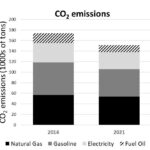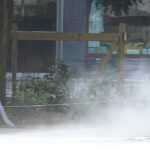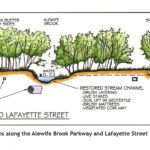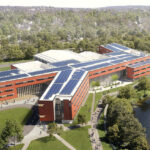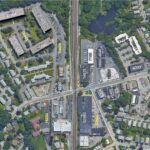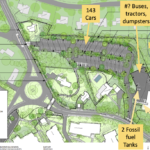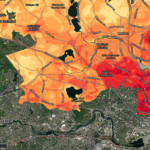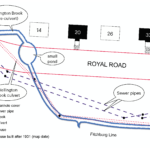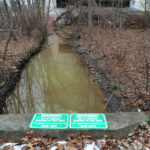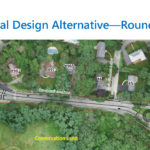
By Brian Kopperl and Roger Wrubel In the 2024 July/August BCF Newsletter, the Belmont Energy Committee (EC) updated BCF readers on the committee’s work to advance Belmont’s decarbonization efforts. The EC is now encouraging the town to pursue Climate Leader Community certification, to give the school department the option to acquire several electric school buses and to apply for a new Mass Save grant to fund a town energy manager to help the town obtain and manage decarbonization and energy efficiency grants to meet the town’s Climate Roadmap goals adopted in 2019. Climate Leaders Communities The Department of Energy Resources [READ MORE]


